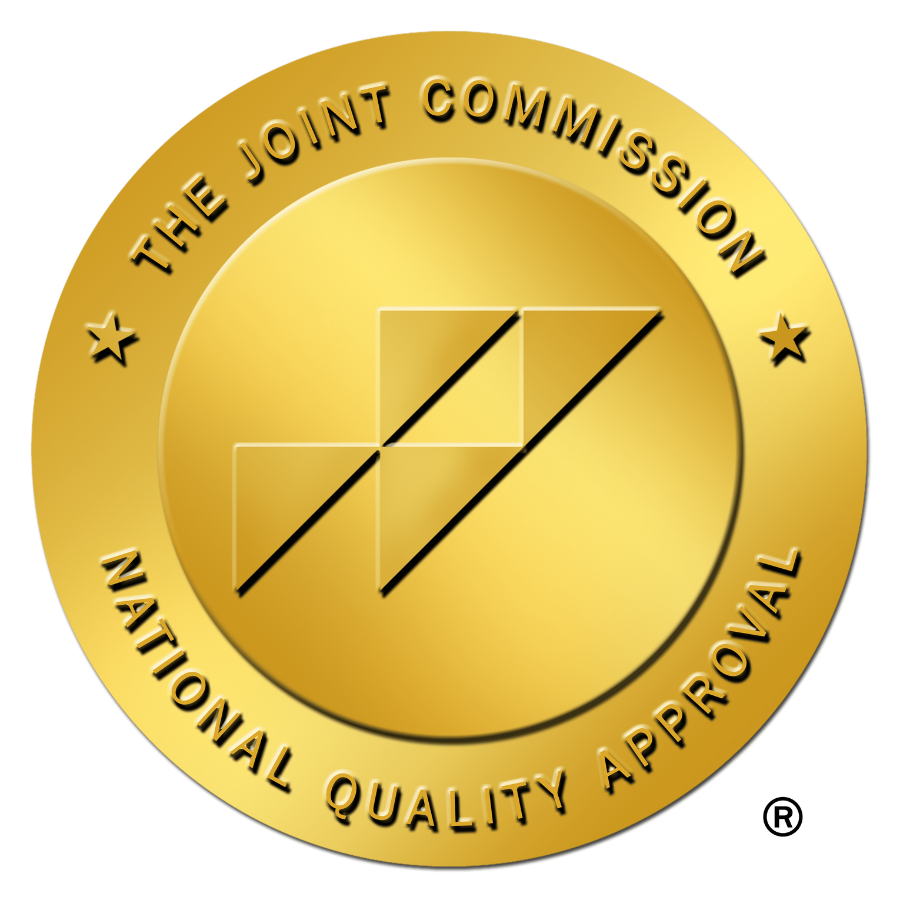Treatment

In this therapeutic setting, education leads 45% of the program's graduates back to work and 30% back to school. 10% increase their community service. Participants quickly learn that activities releasing dopamine are countless and simple changes over time, like sleep, wake-up rituals, and nutrition, giving them the drive to face more complex tasks.
Since empathy is relatively expensive compared to the alternatives, teens and adults have developed coping mechanisms to briefly satisfy or disguise their need for control. When Men's Health interviewed 1,111 people using SurveyMonkey, 75% stated they are close to someone struggling with addiction, and 40% claimed they have increased urges for addictive substances or behaviors. Human beings naturally require choices around power and control. They control a car when they drive it. They power a recipe when they combine ingredients. But, Solstice clientele lose some control when they leave their environment or step out from behind the screen. Awareness of power and choice is muddied when avoidance includes substance misuse, ghosting, or labeling.
The chaos reported and observed comes down to how customers want to get dopamine. Want is the key word. There is some dopamine in safe screen experiences, but this pleasure hormone also comes from problem solving, cooking, eye contact, community, and more. Staying in an artificially controlled technological environment can limit mental well-being through neurodegeneration, impacting both physical and mental health. Conversely, sacrificing some comfort for a healthier dopamine release will create trust. The body is wired for connection.
Working memory, cognitive control, and time with friends and family all start with choice and power. The behaviors people choose immediately impact emotion and what comes next. While emotions can sway and are frequently uncomfortable, they still have the power to choose habits that they want to repeat, even when diagnosed with developmental disorders, traumatic brain injury, mental health disorders, or substance use disorders.
Dialectical skills and Collaborative Problem Solving© are two pillars in the Solstice practice of psychiatric care. Dr. Randall Turner, Psychiatrist, Solstice Medical Director talks more about routines and thoughts than medication: "By bringing the power to the inside: movement, communication, creativity … our patients report improved mood, cognition and behavior. A connection to self, a connection to others gives meaning in a world of mixed signals and intense stimuli. Our customers have choices about what they believe and desired results. We remind you that independence and effort have some risk but nowhere near the risk of avoiding pain or progress."
Need Help with Self Medicating Your Mental Health Disorder
Did You Know
Serotonin is another important hormone or neurotransmitter in the brain, often referred to as the “feel good” chemical. We need just the right balance of Serotonin in our brains to help us with modulating mood, emotional stability, feeling calm/ happy, learning, and memory. Serotonin is a complex hormone and when there is either too little or too much in the brain, you can experience many uncomfortable symptoms.
Signs of Low Serotonin
- Depression
- Anxiety/ Panic attacks
- Low self-esteem
- Sensitive or tearful
- Overwhelming sadness and isolation
- OCD symptoms
- Sleep issues
There are steps you can take now to help work through urges to use THC to treat your depression or anxiety. We specialize in behavior replacement.



